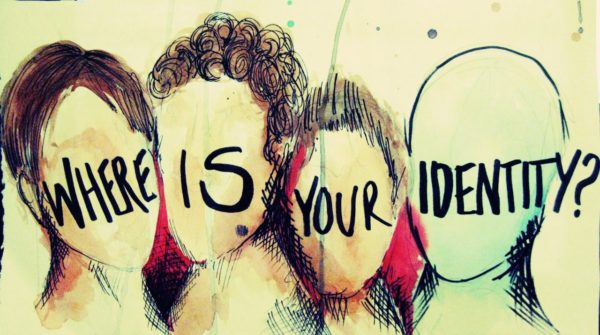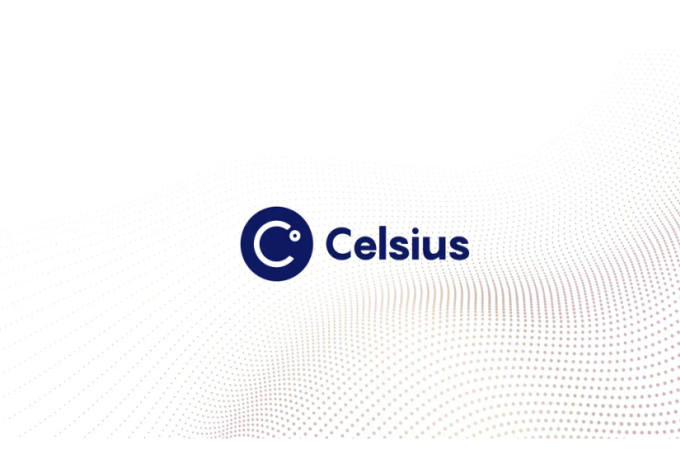
Can a Unified Identity Become the Most Valuable and Dangerous Asset Ever Created?
By Elena Mesropyan for LTP
A fragmented individual
One’s identity is a centerpiece of every aspect of his/her life – financial and social standing, health, family welfare, employment, education, etc. Therefore, the recognition and authentication of an individual’s identity, together with associated rights, is becoming a priority for governments around the world.
Identification – whether through civil registries or other national identification systems – has three overarching outcome goals from a development perspective: inclusion and access to essential services (health care, education, electoral rights, financial services, social safety net programs); effective and efficient administration of public services, transparent policy decisions and improved governance.
Even though accessible, robust and verifiable universal ID systems are believed to be crucial for inclusive growth in addition to facilitating efficiency and transparency in the business environment, over a fifth of the world’s population is still unable to prove their identity.
Moreover, within most national borders (with the exception of some forward-thinking developing countries like India, Pakistan and more), the use of identifying information of those who can provide it, is extremely fragmented – there is a national ID document (passport), driver’s license, social security card, personal tax identification number, credit score, and a variety of other country-specific documents and indexes carrying pieces of information about a person. Depending on the service one wants to use, a combination of those pieces of identifying data is put together to process any application, to register for some service, to receive an education, obtain a healthcare plan, etc.
The fragmented presence of personal identifying data results in lower processing efficiency across businesses and governmental structures in addition to an incomplete representation of a person. Each piece of identifying data is only a part of a whole and cannot fully and accurately translate into person’s credibility and a wholesome portrait.
Therefore, a unified identity, complex and multidimensional, involving many systems and stakeholders, could become one of the most valuable assets ever possessed by an individual as it would become a digital mirror of what a person is in every aspect of his/her life. Once brought together, a unified identity will be either the strongest enabler or a plague in individual’s life.
China is a real-life example of next-gen identity systems
A unified identity, containing identifying data across verticals of person’s life is a universal passport – the key to the most accurate characterization of a person that can be used by every industry and national governments. A unified identity would link government databases on every person in the country with corporate databases and be subject to continual updating, maintaining its accuracy and credibility. Unified identity would include credit histories, spending habits, unlisted telephone numbers, voting, medical and employment histories, bank accounts, records from homeland security/criminal records, social media records and activities, department of licensing records, etc.
As much as it looks like an Orwellian reality at this point, there is one country that went the furthest with this idea and recently made headlines bringing dystopian science fiction to life with its social credit score system. China’s social credit score system is the closest real-life example of a unified identity system (the US national ID cards propositioncould probably come close at some point in the future).
As explained by the Wall Street Journal, the Chinese government is now testing systems that will be used to create digital records of citizens’ social and financial behavior. In turn, these will be used to create a so-called social credit score, which will determine whether individuals have access to services, from travel and education to loans and insurance cover. Some citizens – such as lawyers and journalists – will be more closely monitored.
As shared by the MIT Review, planning documents describe the system as being created to “allow the trustworthy to roam everywhere under heaven while making it hard for the discredited to take a single step.”
The Wall Street Journal illustrates one of the perks for people with high scores bringing up an example with a credit-scoring service by Alibaba affiliate Ant Financial Services – one of eight companies approved to pilot commercial experiments with social credit scoring – which assigns ratings based on information such as when customers shop online, what they buy and what phone they use. If users opt in, the score can also consider education levels and legal records. Perks in the past for getting high marks have included express security screening at the Beijing airport, part of an Ant agreement with the airport.
While this score can become a ‘free pass’ to everything for abiding citizens, it is widely criticized for its segregational side, which will scrutinize life for blacklisted people. A system like China’s social credit score will prevent people from taking advantage of the holes in national security and repeating misconduct in different places. There will no longer be an opportunity to start life over in a new place for convicted felons because one’s history will follow him/her everywhere and have a direct impact on rights and liberties.
The long-term social and economic consequences of developing and deploying systems that integrate vast granular information about every individual are not clear yet, but they certainly contain ever-important security concerns. Bringing together personal data from numerous sources is an extremely curious exercise, but also a magnet for a more dangerous fraud than ever – in case an individual’s record is compromised, the whole life of that person gets affected, not just a particular part of it. However, with proper security measures, such systems will have a strong transformative power over societies and enforcement of behavioral norms, as they would directly connect everyday behavior with a long-term prosperity.
First appeared at LTP





